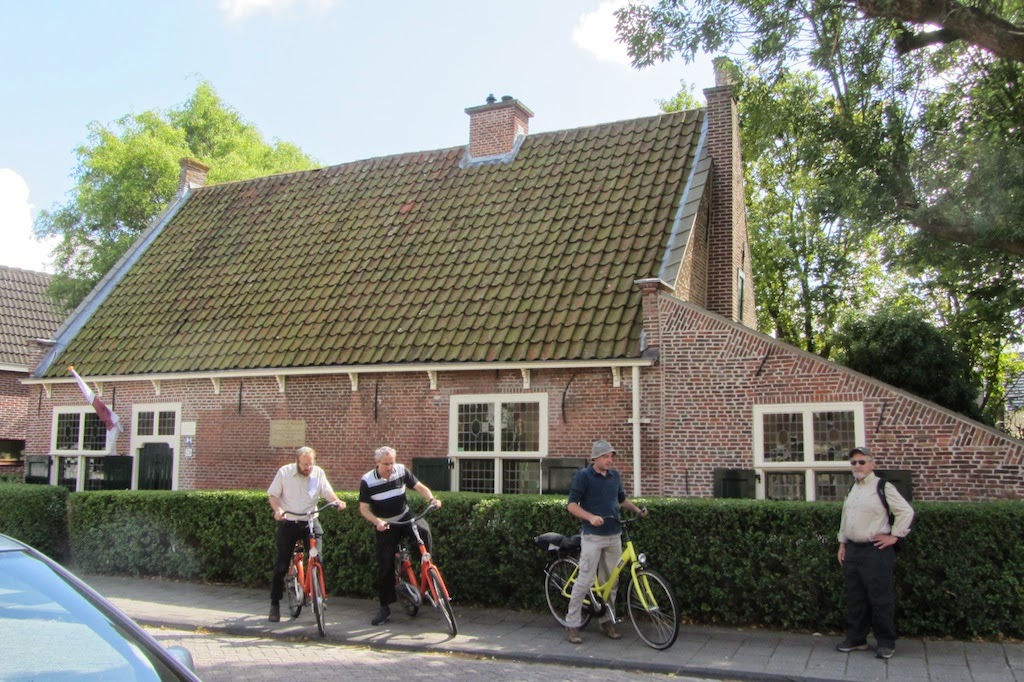 |
Angelus Novus, or
"The Angel of History" by Paul Klee, 1920 |
The Angel of History: Rosenzweig, Benjamin, Scholem by Stéphane Mosès is a challenging book about the concepts of historical time in the works of three German-Jewish philosophers/historians. "The Angel of History" in the book title refers to the painting
Angelus Novus by Paul Klee. The work was alternately owned by Benjamin and Scholem, and is now owned by the Israel Museum.
 |
The Angel of History
by Stéphane Mosès (1931-2007) |
Franz Rosenzweig (1886-1929), Walter Benjamin (1892-1940), and Gershom Scholem (1897-1982) are three writers that I find very fascinating, though their works are very difficult. Thus I was tempted by this book, and I found it very interesting. I enjoyed the comparison of the philosophic views of time and how they are reflected in Jewish history, as well as the biographical details that the author provided. I was interested in the comparison of their perspectives with some of the ideas expressed by Kafka. However, I'm not up to attempting to summarize the complex views of history that are covered in the book.
Out of pure laziness, I'm going to violate my usual principles and copy the relevant Walter Benjamin quote from Wikipedia!
"A Klee painting named Angelus Novus shows an angel looking as though he is about to move away from something he is fixedly contemplating. His eyes are staring, his mouth is open, his wings are spread. This is how one pictures the angel of history. His face is turned toward the past. Where we perceive a chain of events, he sees one single catastrophe which keeps piling wreckage upon wreckage and hurls it in front of his feet. The angel would like to stay, awaken the dead, and make whole what has been smashed. But a storm is blowing from Paradise; it has got caught in his wings with such violence that the angel can no longer close them. The storm irresistibly propels him into the future to which his back is turned, while the pile of debris before him grows skyward. This storm is what we call progress." -- Benjamin, "Theses on the Philosophy of History", p. 249









